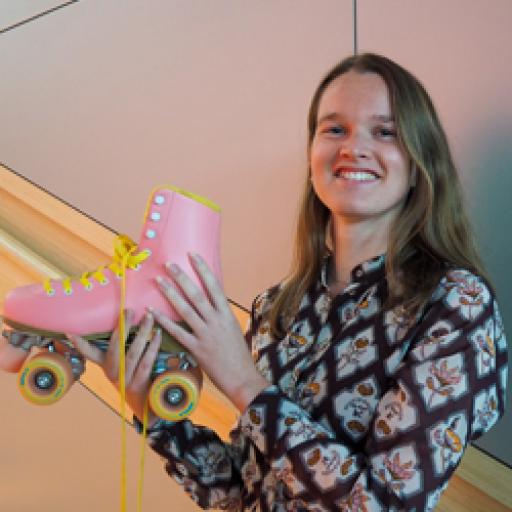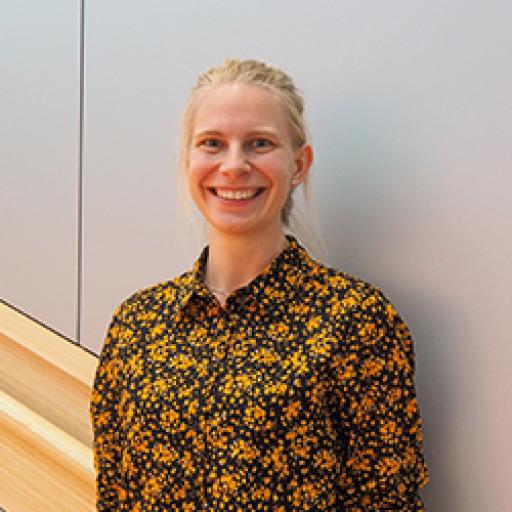Project introduction and background information:
The project aims to co-create, implement and share innovative pedagogies and aligned assessments for relevant and inclusive digital education to deal with the COVID-19-induced and similar crises and support the meaningful digital transformation of HEIs.
Project „Relevant assessment and pedagogies for inclusive digital education", approved by Erasmus+ programme - KA2 - Cooperation for innovation and the exchange of good practice, KA226 - Partnerships for Digital Education Readiness started with its activities in March 2021.
The total project budget is 219.085,00 €. The project duration is 2 years (01/03/2021 – 28/02/2023).
Partners:
- Faculty of Organization and Informatics, University of Zagreb (coordinator),
- Goethe University (Germany),
- School of Medicine, University of Zagreb (Croatia),
- The Open University (United Kingdom),
- University of Rijeka (Croatia).
Objective and expected outcomes:
Project objectives
The overall objective is to co-create, implement and share innovative pedagogies and aligned assessments for relevant and inclusive digital education in order to deal with the COVID-19-induced and similar crises and to support the meaningful digital transformation of HEIs.
The project has been divided into 4 Intellectual Outputs:
- IO1: Open educational resources and e-course for flipped classroom (FC) and work based learning (WBL)
- IO2: Toolkit for assessment of students in FC and WBL
- IO3: Dashboard model that supports inclusive FC and WBL
- IO4: Code of practice on impact analysis of innovative pedagogies
LDE-CEL/Deft University of Technology is responsible for IO2: Toolkit for assessment of students in FC and WBL
The aim of IO2 is to target HE teachers and to introduce learning material for teachers available as a module in the e-course developed as part of this EU-Project which will include assessment scenarios for the implementation of different assessment methods, mainly peer assessment and students' project assessment (that are related to both WBL and FCs) in different learning environments and within different HEIs. Further, within this output will be developed a tool (for an open source LMS) that supports peer assessment and project assessment to demonstrate and enable assessment as described in learning material.
The development of this IO will be organized around the following questions:
- Q3: How to implement assessment methods in an online environment to be related to WBL and/or support FC to be relevant and reliable?
- Q4: What are preconditions to successfully implement project-based assessment and peer- /self-assessment in an online environment?
References:
- Biggs, J. B., & Tang, C. (2007). Teaching for quality learning at university: What the student does. 3rd ed. Berkshire: Open University Press.
- Divjak, B. (2015). Assessment of complex, non-structured mathematical problems. IMA International Conference on Barriers and Enablers to Learning Maths.
- Marton, F., & Saljo, R. (1976). On qualitative differences in learning: I. Outcome and process. British Journal of Educational Psychology, 46(1), 4–11.
- Entwistle, N. & Ramsden, P. (2015). Understanding Student Learning. Routledge Revivals. Routledge.
Results and learnings:
All results so far can be found here: https://rapide-project.eu/en/results



